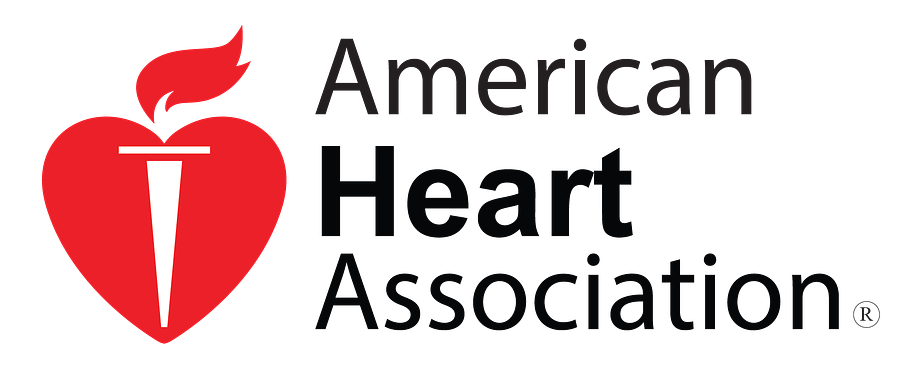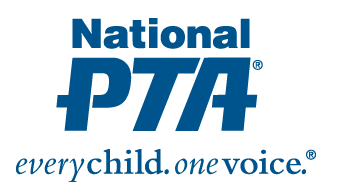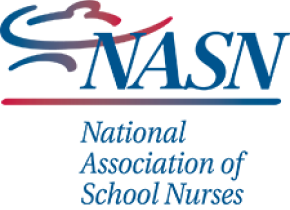Organizations That Support Recess

American Academy of Pediatrics
Recess is a necessary break in the day for optimizing a child’s social, emotional, physical, and cognitive development. In essence, recess should be considered a child’s personal time, and it should not be withheld for academic or punitive reasons.

American Heart Association
Support daily recess for all students at all grade levels that cannot be denied due to punishment.

SHAPE America
“Recess helps students to achieve the recommended 60 minutes of physical activity that can improve strength and endurance; enhance academic achievement; and increase self-esteem for children and adolescents.”

National Parent Teacher Association
In 2013 Statement support at least 20 minutes of recess a day, not to be denied for academic or disciplinary reasons.

National Association of Elementary School Principals
Made statements in 2010 and 2017 in support of recess. “Recess is a vital component to student well-being and success.”

Center for Disease Control and Prevention
CDC has collaborated with SHAPE America and Springboard to Active Schools to develop resources to promote recess in school.

National Association of School Nurses
It is the position of the National Association of School Nurses (NASN) that scheduled recess not be withheld for any student during the school day.

American Federation of Teachers
In 2017 American Federation of Teachers passed a resolution which supports no less than 30 minutes of recess daily.

American Association for the Child’s Right to Play
IPA (USA), US Play Coalition, and Alliance for Childhood collaborated on a 2019 Position Paper supporting recess for all children.

Springboard to Active Schools
Read this Data Brief to learn more about the definition of recess, get a snapshot of current recess practices in the United States, and explore national guidance and practical strategies to improve recess.

TCU LiiNK Project
The LiiNK Project is based on research in the U.S. and other countries to incorporate a much more inclusive, innovative model than traditional public schools have adopted over the past 20 years. The approach traditional public schools have adopted is centered around a required number of minutes in specific content areas daily. Standardized tests are the focus of determining success of a school or grade level achievement. LiiNK offers documents for Recess policy support and podcasts that help people learn about recess.

Playworks
Playworks is a national 501(c)3 nonprofit that serve to help 3.5 million students in 7,000 schools experience safe and healthy play every day. Playworks is working to build a national movement to recognize the importance of play and recess. Playworks helps schools and districts make the most of recess through on-site staffing, consultative support, professional development, free resources, and more.
Organizaations that Promote Recess

Peaceful Playground
The mission of the Peaceful Playgrounds Foundation is to create a safe play environment, support healthy active kids, and advocate for recess and free play. Peaceful Playgrounds provides a popular recess program nationwide in 9000 schools and have been the choice of school administrators for creating a colorful and peaceful recess environment for over 20 years. This organization focuses and playgrounds, play, and conflict resolution.
Books About Recess

Rethinking Recess: Creating Safe and Inclusive Playtime for All Children in School
by Rebecca A. London

Finland is an educational superpower, despite breaking almost every “rule” we Americans think we know about education. Wrong Turns, Right Moves in Education (Archway, 2019) investigates the differences in these systems, advocating for an educational model that focuses on quality over quantity and the social emotional growth of children through play.
Pocasts About Recess
Harvard Ed Cast: Why We Need to Rethink Recess

In this episode of the Harvard EdCast, London shares ideas from her new book, Rethinking Recess, how to create a more inclusive recess, and why taking away recess — especially as punishment — is a bad idea for kids.
